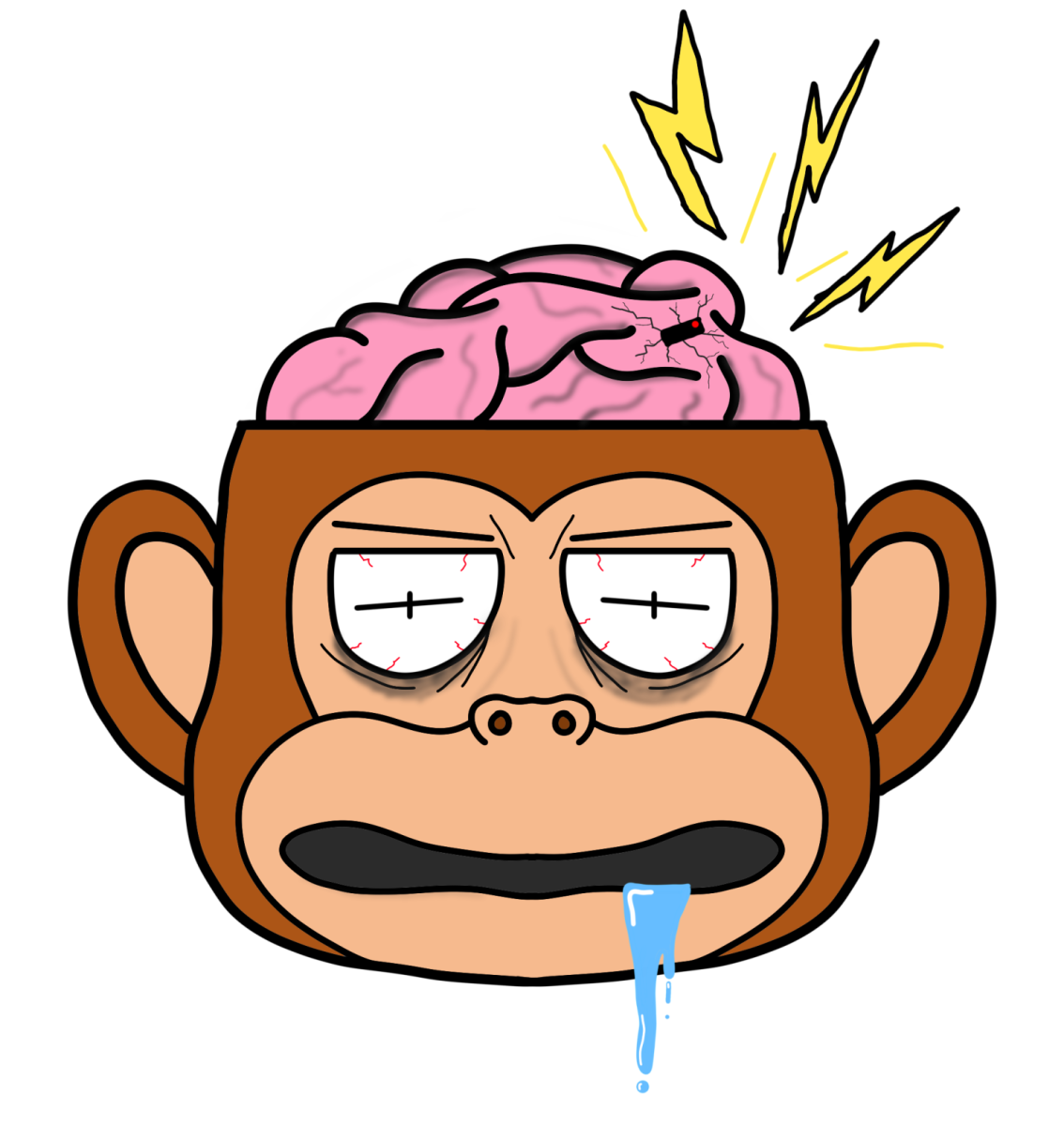Animal testing has been an ongoing debate in the history of biomedical research for decades. Neuralink is a medical device created by Tesla Motors’ CEO, Elon Musk curated to help paralyzed people and cure other neurological disorders using this brain implant. Recently, Musk has been receiving backlash due to former employees coming out and saying that Neuralink utilizes animal testing. Many are upset that various companies continue to use animal testing despite it being inhumane.
According to Reuters, a former employee explained,“‘Neuralink Corp’ is developing a brain implant it hopes will help paralyzed people walk again and cure other neurological ailments.” There have been numerous tests that have failed and had to be repeated, which has increased the amount of animals being tested and killed simply for biomedical research.
Animals are subjected to agonizing pain, suffering and death when they are used in both laboratory and cosmetics testing. Animal research must be stopped to prevent more waste of animal life.
Some advancements in technology provide alternative methods for testing that do not involve animals, such as computer simulations and cell cultures, which are more accurate and humane. These alternatives reduce the need for animal testing and are often more cost-effective.
In the organization ‘Neuralink shows what happens when you bring “move fast and break things” to animal research’ by Kenny Torrella they share how, “The company has first been testing its technology on animals, killing some 1,500 since 2018 — and employee whistleblowers recently told Reuters the experiments are going horribly wrong.” Animals were pulling out their hair and self-mutilating, which are signs of significantly poor psychological health in laboratory animals and are very common in monkeys.
Nowadays, animal testing is considered bad for several reasons. One major concern is the ethical issues surrounding the treatment of animals. Many people believe that subjecting animals to experiments where they may experience pain and suffering is morally wrong.
One of the downsides of animal testing is the ethical concerns surrounding the treatment of animals. Additionally, there are limitations in the applicability of results from animal testing to humans due to biological differences between species. This can sometimes lead to unreliable or misleading data when trying to predict human responses.
According to a company ‘Elon Musk Company Neuralink Given Free Pass for Animal Welfare Act Violations, USDA Reveals in Letter to Congress,’ they explain how “Elon Musk’s brain-computer interface company Neuralink violated the federal Animal Welfare Act and received a free pass from the agency responsible for enforcing the law.” The breaking of this act supports the ideology that animal testing is an unethical practice.
The ethical issues surrounding the treatment of animals in experiments involving brain-computer interfaces. Many people find it morally wrong to subject animals to procedures that involve invasive brain technologies. This raises questions about the welfare and rights of animals used in such experiments. There are uncertainties about the long-term effects and potential harm that these technologies may have on animals. These ethical considerations highlight why some view Neuralink experiments involving animals in a negative light. Animal research must be stopped to prevent more waste of animal life.








